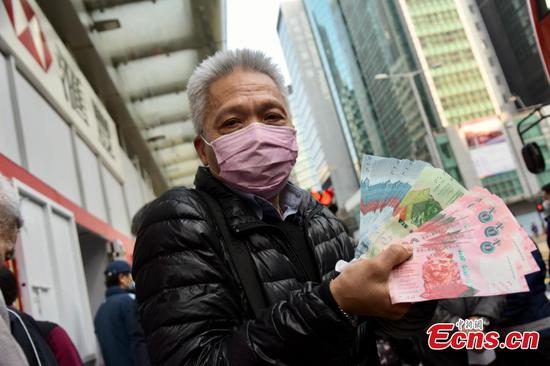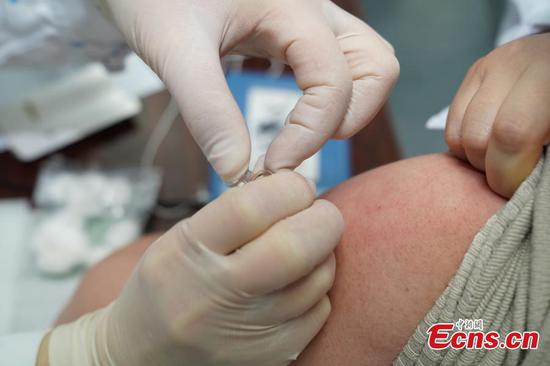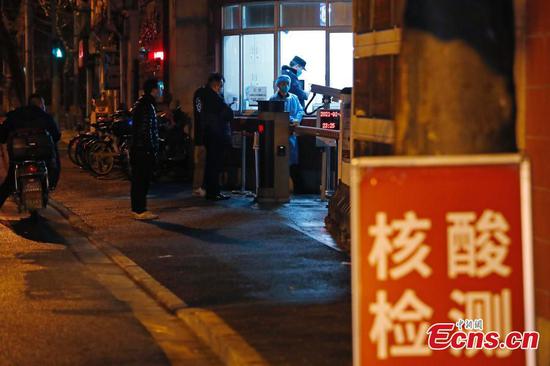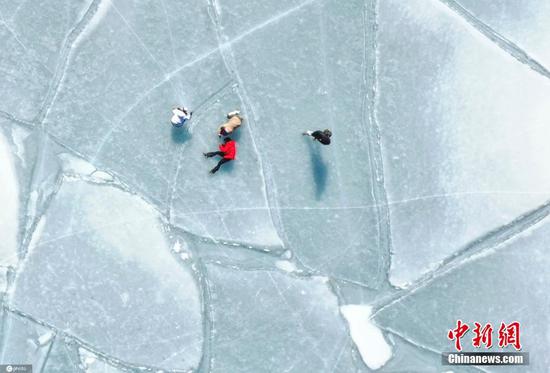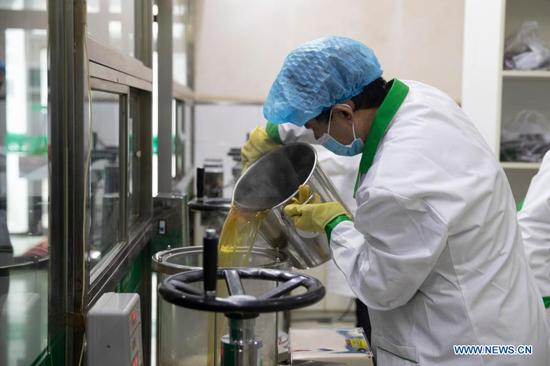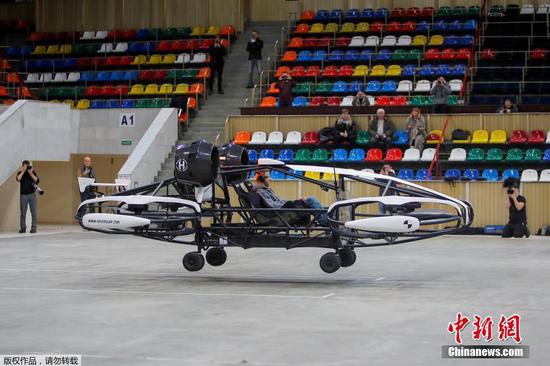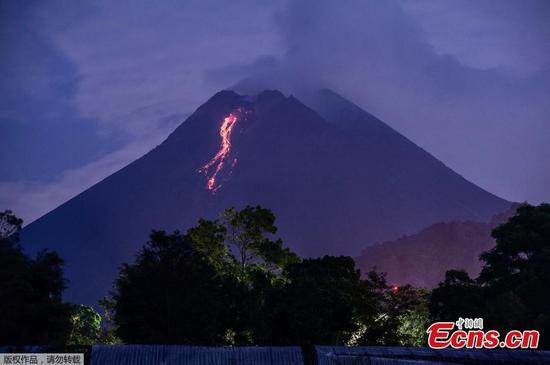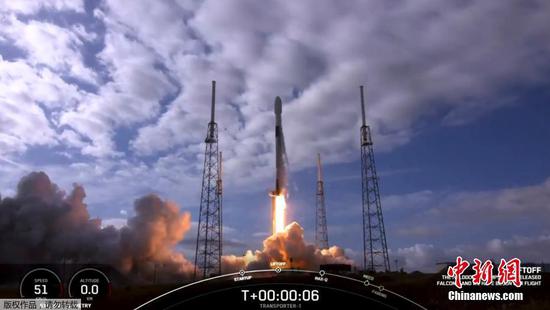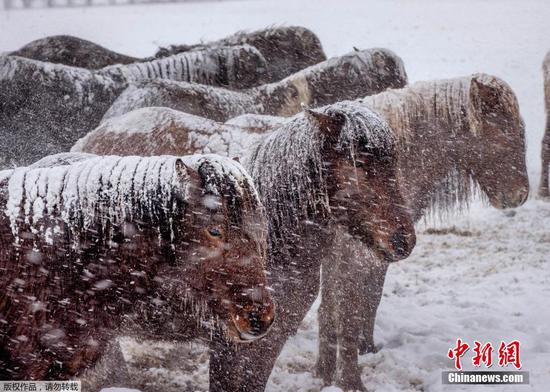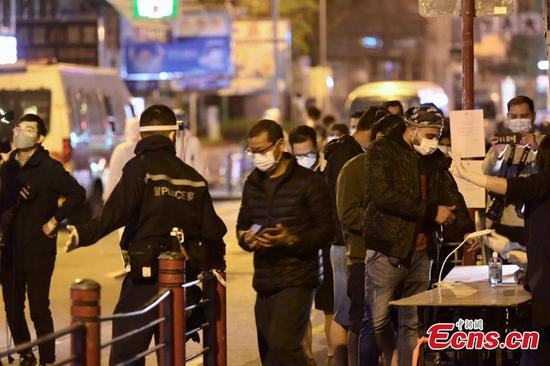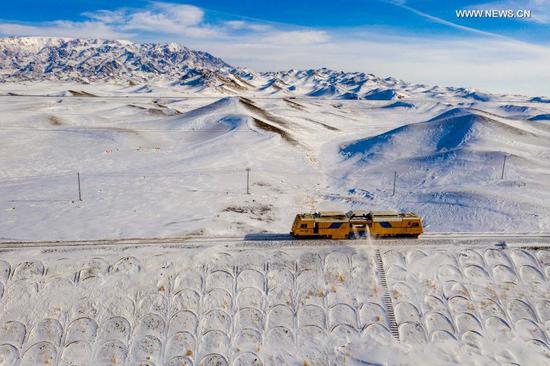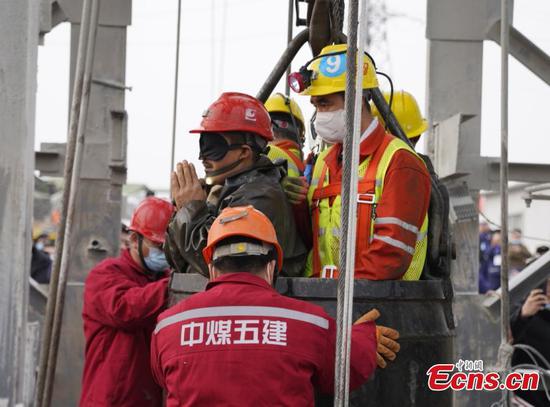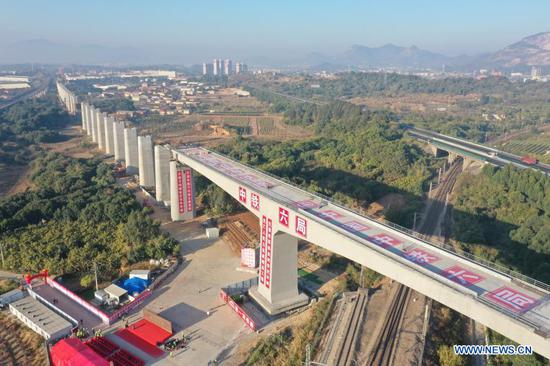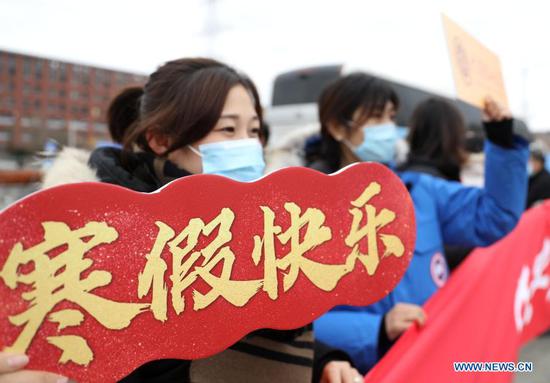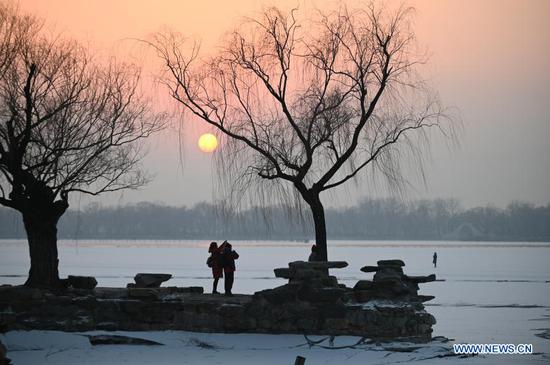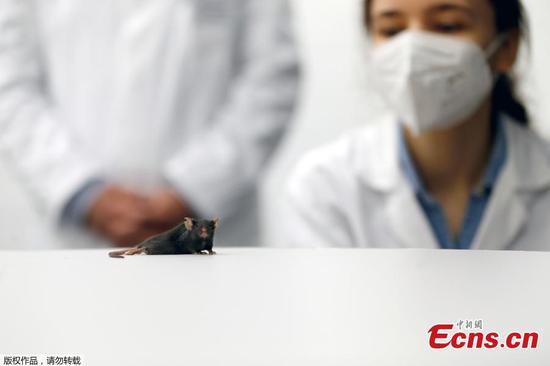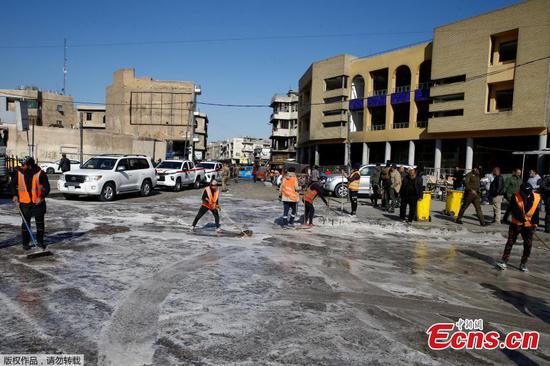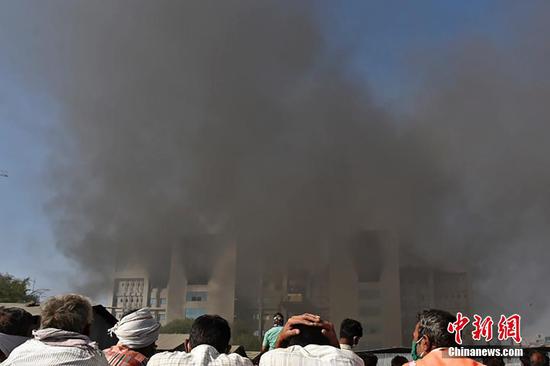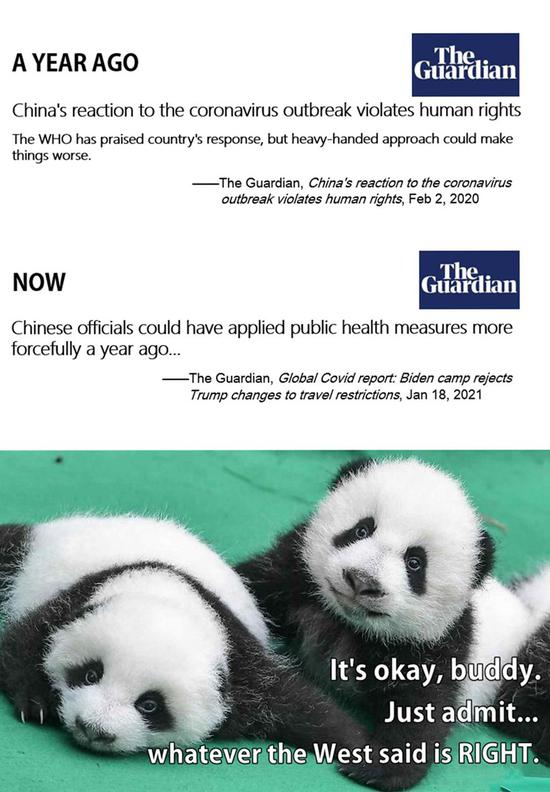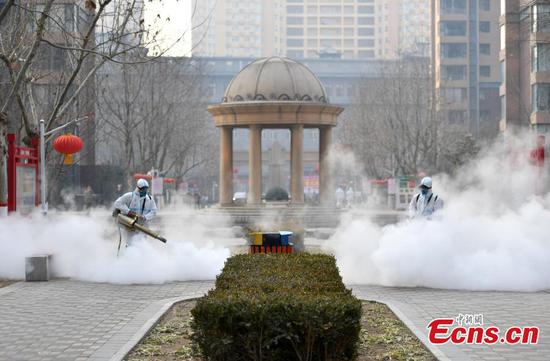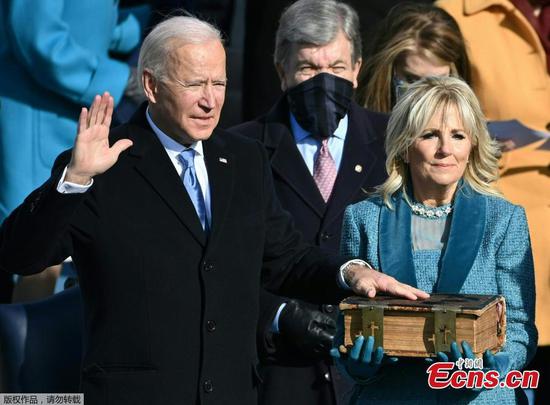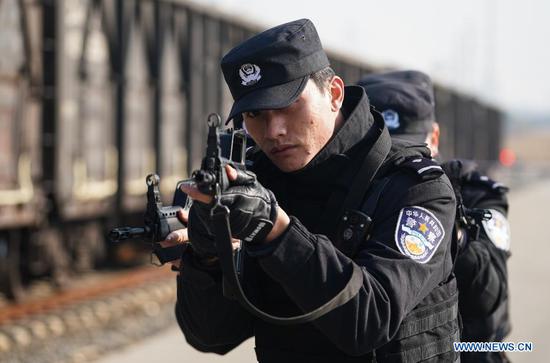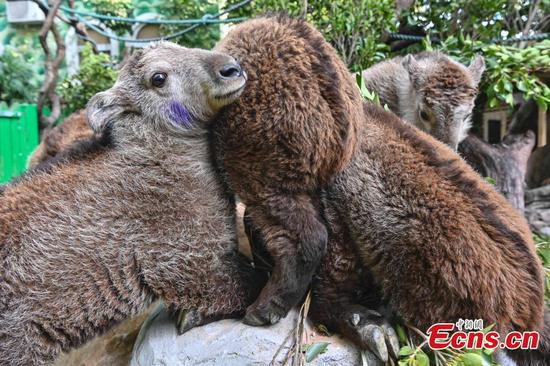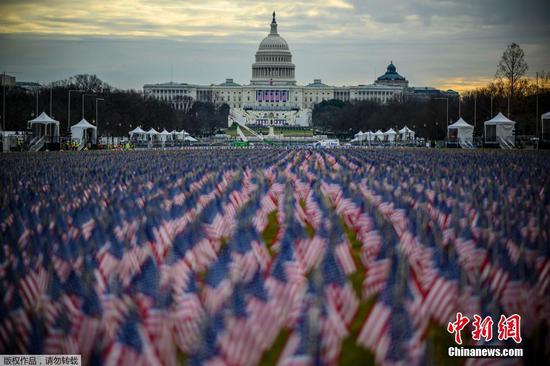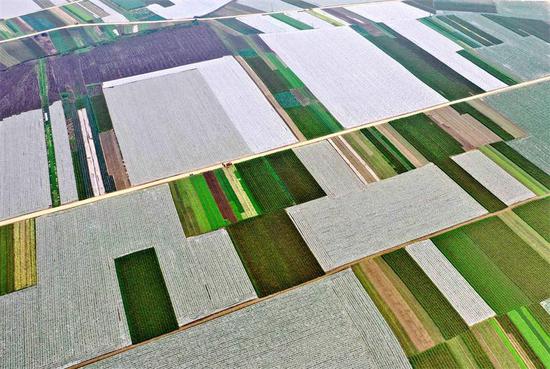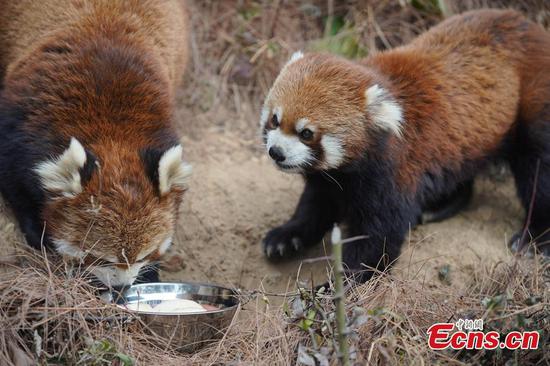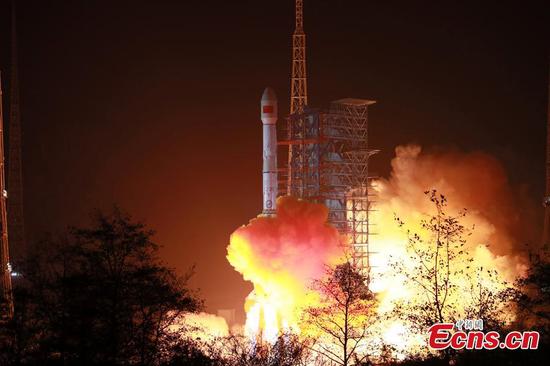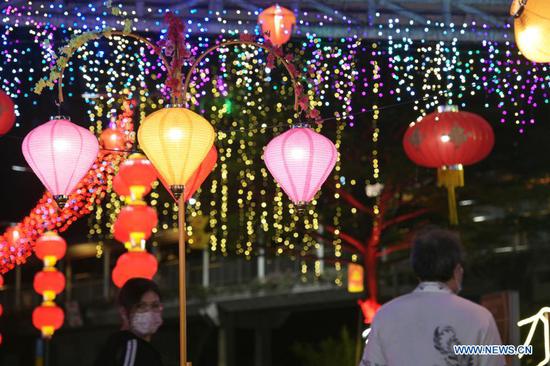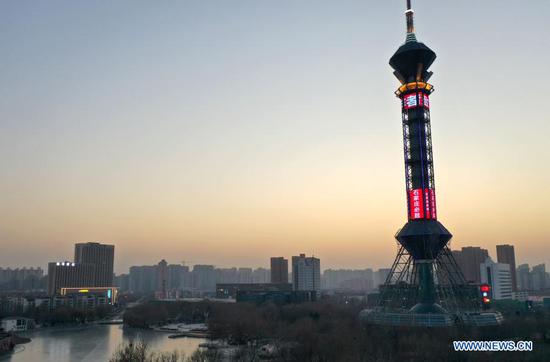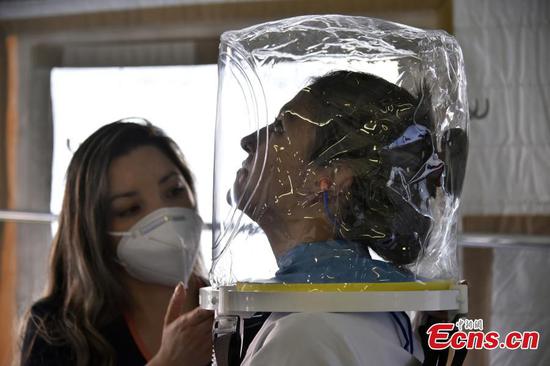The World Health Organization (WHO) warned on Tuesday that bilateral deals on COVID-19 vaccines between countries and companies are putting at risk the promise of COVAX, the WHO-led global initiative aimed to ensure rapid and equitable access to COVID-19 vaccines.
"At least 56 bilateral vaccine deals have been signed, which fragments the market, forces countries to compete, and drives up prices of COVID-19 vaccines," said WHO Director-General Tedros Adhanom Ghebreyesus in his speech at a meeting.
"Vaccine nationalism is self-defeating and inefficient, leaving the world's poorest and most vulnerable people at risk," he warned. "The emergence of rapidly spreading variants makes the urgent and equitable rollout of vaccines all the more important."
Of some 50 countries where COVID-19 vaccines are being administered, nearly all are wealthy nations and 75 percent of doses have been deployed in only ten countries, Tedros noted.
"It is understandable that governments want to prioritize vaccinating their own health workers and older people first. But it is not right that younger, healthier adults in rich countries are vaccinated before health workers and older people in poorer countries," Tedros said.
"The situation is compounded by the fact that most manufacturers have prioritized regulatory approval in rich countries where the profits are highest, rather than submitting full dossiers to WHO," he said. "To put it bluntly: many countries have bought more vaccine than they need."
The WHO chief called on all manufacturers of vaccines that meet international standards of safety, efficacy and quality to prioritize their submission to WHO for Emergency Use Listing.
He stressed that COVAX needs to "receive extra doses soon, and not the leftovers many months from now."
"2021 could be a year with renewed hope that we can overcome the acute phase of the pandemic," he said. "We cannot succeed as countries acting alone. Global solidarity is the only way forward."









